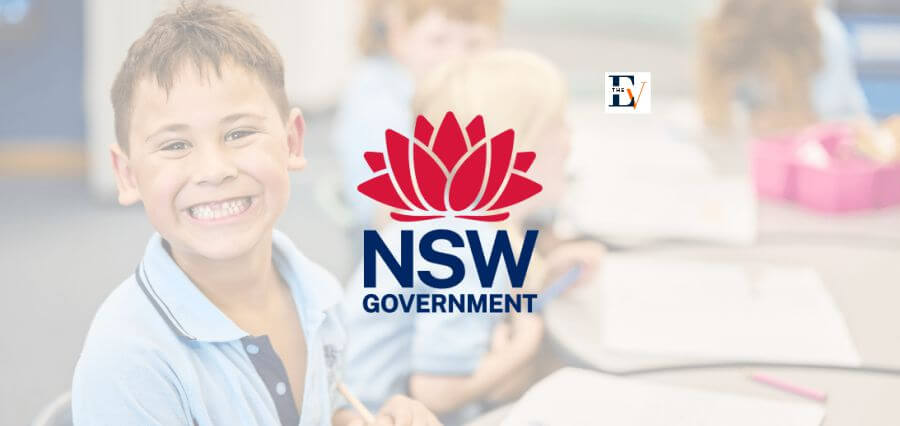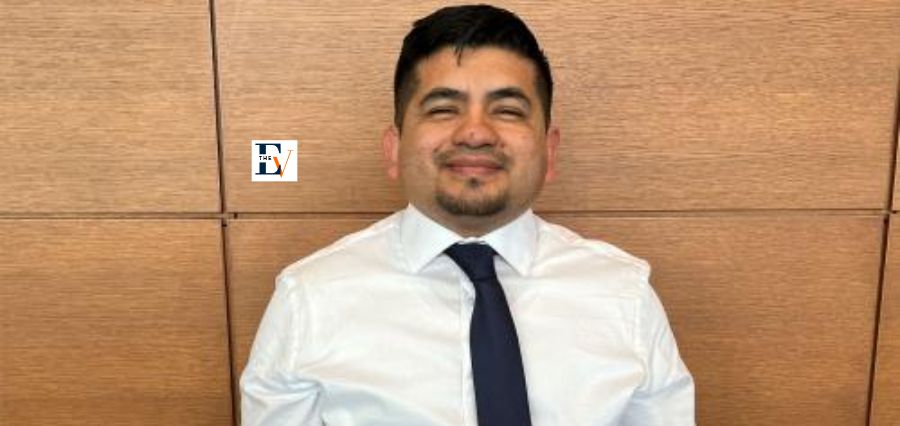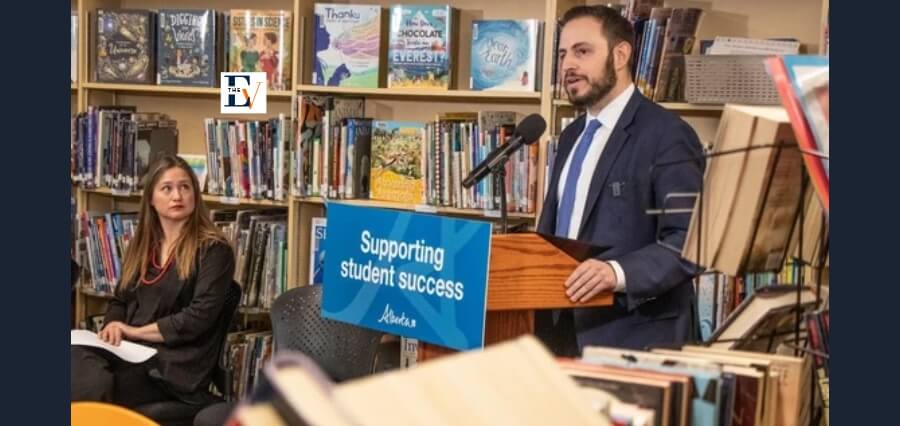Nestled in the heart of Oman, the city of Nizwa boasts a rich and long-standing educational tradition that has contributed to the intellectual and cultural development of the region. Nizwa’s educational heritage can be traced back centuries, making it a significant centre of learning in the country.
Inspired by the long traditions of cherishing learning and scholastic knowledge acquisition and the scholarly output of the Nizwa City, the University of Nizwa (UoN) was established as a non-profit academic, private institution of higher learning in 2004. UoN has been a major seat of knowledge and learning throughout Oman’s history and is guided by that entrepreneurial learner spirit, adopting the entrepreneurial university model.
It is a society-based social investment initiative that seeks academic excellence and knowledge dissemination through teaching and learning; knowledge production through research, innovation and technology development; civic outreach and extension through society service; and entrepreneurial activities through sustainable development.
Embracing Educational Excellence
Towards excellence in teaching and learning, the University of Nizwa has embraced excellence in teaching as a key component of its vision. The UoN teaching and learning environment is the outcome of the impact of several factors and the confluence of various efforts and contributions, such as the effective governance and management system of teaching and learning; the expertise of faculty of high calibre; state-of-the-art library, Information Communication Technology (ICT) and laboratory resources; the academic support centres under the umbrella of the Student Success System (SSS); academic advising system; the student development programs; and the robust teaching and learning infrastructure.
On the other hand, the University’s collaboration with industry, professions, employers and HEIs has led to continual enhancement of teaching and learning, adopting best teaching practices, responding to current trends in higher education and addressing employer requirements.
Withstanding Global Challenges
The UoN ensures that its academic programs are designed and guided by the following principles: Student-centred, Outcome-based, Real-world-oriented, Challenging and research-led.
Moreover, the programs prepare students for the job market and foster 21st-century skills in them as well as qualities of global citizenship. An example of such unique programs is Bachelors’s in Speech and Language Pathology, a Bachelor’s in Occupational Therapy, Bachelor’s in Physical Therapy.
Being fair and equitable, the UoN Admission Standards and Services are conducive to student diversity. Accordingly, the student population encompasses females and males (without limitation), a wide age range, students from remote areas, a wide socio-economic range, international students and students with disabilities. The UoN is also to have faculty from 38 nationalities.
Staying Abreast of Technological Advancement
The university is keen on keeping abreast of technological advances and higher education trends in teaching and learning. Since its inception, the UoN has encouraged blended and online teaching and the use of educational technology.
Instruction is supported by systems such as the Student Information and Learning Management System (EduWave) and Moodle, and technical support is provided by the Center for Information Systems.
There are 33 computer labs which are well-resourced, and all classrooms are equipped with projectors. The ratio of students to computers available to students is 1:1. To boost its efforts in this direction further, the UoN approved the establishment of the Deanship of e-Learning in 2016.
Ensuring Complete Development
In a pioneering step in Oman, which aimed at enhancing student preparedness for the job market, the University approved the Student Development Programs Policy, according to which student participation in extra-curricular activities should not be below the minimum number of hours specified by the Policy.
The Programs are classified as AWARENESS, VOLUNTARY, ISNAD and CREATIVITY programs. According to the policy, the UoN student is awarded on graduation two transcripts: the Academic Transcript as well as the Student Development Transcript.
In addition, the University created Almaqsoorat, venues equipped to hone student-specific skills, innovation incubators, and environments that seek to convert ideas or innovation into commercial projects. The University has ensured a variety of recreational and sports facilities on and off campus. The on-campus facilities include female and male sports gyms, a football field, volleyball, and tennis tables.
Off-campus facilities are ensured through signed memoranda of understanding with different football clubs, a swimming pool, and the recreational center at Manah. As with the impact caused by COVID-19 on limiting student activities, the center attempted to replace it virtually but was only limited to online lectures.
Giving Back to the Society
A few years back, over a hundred Omani residents of a village named Birkat Al Mouz were lifted out of illiteracy through the Joint UoN and Regional Directorate of Education initiative – the Literate Village Project, and it is with pride that the university reports that the project inspired participants to complete school and university programs and obtain bachelor/diploma degrees.
Equally significant is the fact that since its inception, the University has admitted first-generation college students from remote areas of Oman to academic programs, and they proceeded to graduate with degrees in various specializations, thereafter, contributing to capacity building and enlightenment of their communities.
Moreover, the UoN has emerged as a national hub of knowledge and enlightenment with activities including The Annual Cultural Season; the International Art Exhibition; the Annual Student Conference; faculty lectures to community institutions; creative writing and participation in national media programs. The University plays a major role in supporting national cultural events such as the Nizwa 2015 Capital of Islamic Culture.
The UoN supports its faculty and entities to engage with local, regional and international professions and professional bodies. For example, the College of Health Sciences is a member of the Arab College Nursing Association, Oman Nursing Association, Oman Pharmaceutical Society, and Oman Medical Specialties Board (OMSB), as well as faculty and students, are encouraged to be members of the National Nursing and Pharmacy Associations.
Likewise, the College of Economics, Management and Information Systems has membership with the International Economic Development and Research Centre (IEDRC), Science and Engineering Institute (SCIEI), and Computer Science Teachers Association (CSTA); the College of Engineering and Architecture faculty are members of the International Association of Engineers (IAENG), Institute of Electrical & Electronics Engineers (IEEE) and International Computer Science & Engineering Society (ICSES); and the College of Arts and Sciences engages with the National Institute of Oriental Languages and Civilizations and the Ministry of Education to name a few.
Besides the Colleges, various UoN centres and institutions play special roles in engagement with professional bodies; for example, UoN Entrepreneurship Center is a member of GEM and the Natural and Medical Sciences Research Center in UNESCO.
On an institutional level, the University is a member of the Oman Association for Quality in Higher Education (OAQHE), the International Association of World Universities and the Private Higher Education Institutions Coordinating Committee. With all the above drivers of engagement with the professions and professional bodies in place, the UoN has succeeded in sustaining vital bridges of collaboration in various fields.
Lifelong Assistance of UoN
UoN’s commitment to supporting students’ academic and professional success goes beyond their graduation. It aims at enabling them to achieve their job aspirations, contribute to the educational, cultural and socio-economic advancement of the community and promote the realization of the Omani knowledge society.
From the UoN perspective, its alums reflect the University’s values and strengths. As a result, several alums currently hold different positions in the Omani government, such as ministers and successful entrepreneurs.
For the Universities to become prestigious and maintain, a high level of academic excellence should indeed focus on enhancing blended learning and online education. Advances in artificial intelligence (AI), skills-based education, and lifelong learning is likely to become more prevalent as individuals seek to upskill or reskill throughout their careers and increase interdisciplinary programs.
The University does not overlook either the special needs of students with disabilities being academic support or physical accessibility; it has established an appropriately equipped laboratory for them under the Student Success System and ensures campus-wide access to facilities in the initial campus.
Such accessibility and required facilities are an integral part of the main campus design. Moreover, at the Foundation Institute, students with disabilities are assigned instructors with special training to assist them in acclimating to the higher education setting and requirements.






